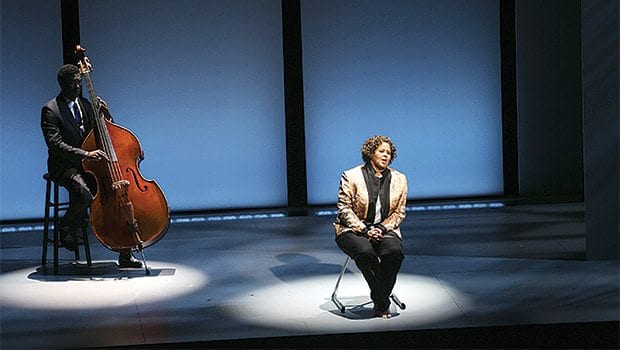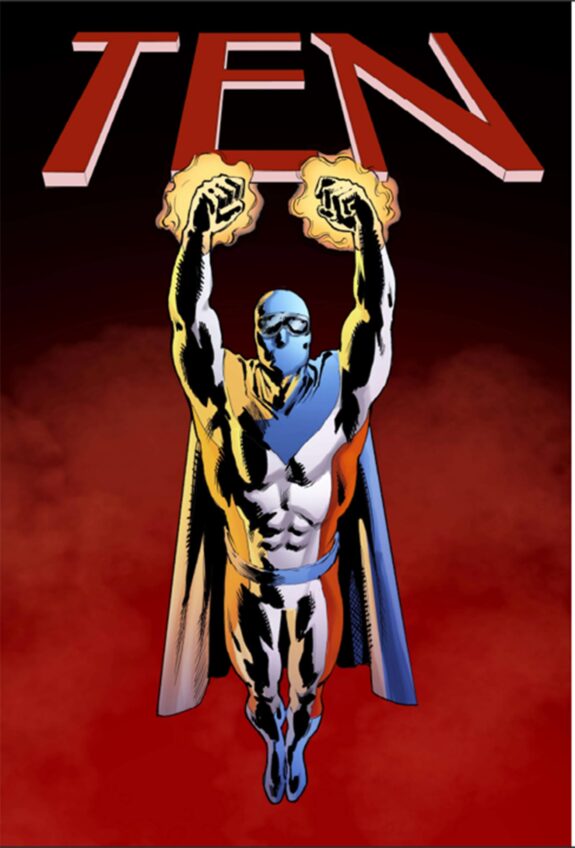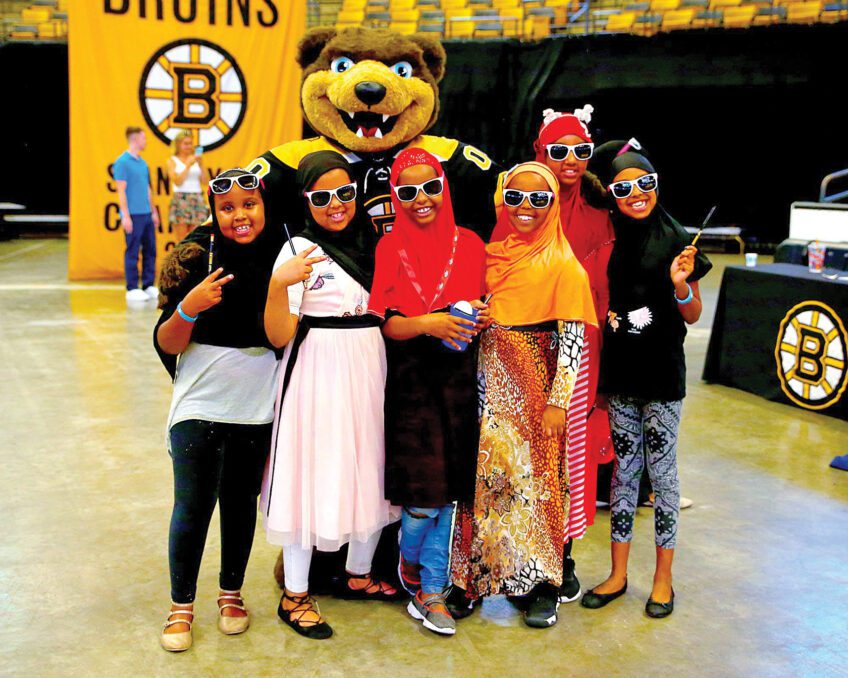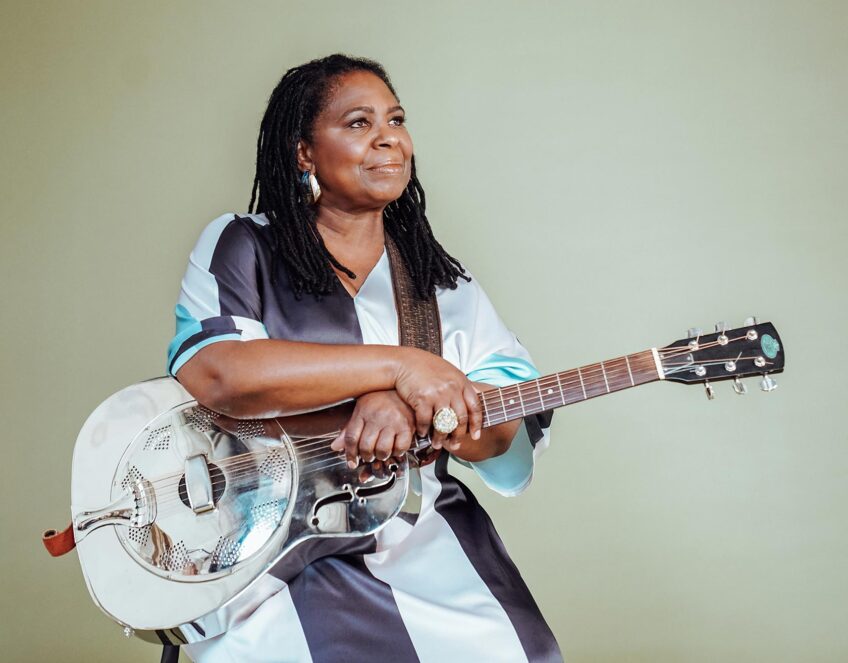Prison or death
Anna Deavere Smith stars in show on racial inequality in education

“Prison or death. There’s really no other opportunities for boys and men of color,” says Anna Deavere Smith in character as Michael Tubbs, a city councilman from Stockton, California. In her latest performance, “Notes from the Field: Doing Time in Education,” showing at A.R.T. until September 17, Smith plays a series of real-life characters speaking on the school-to-prison pipeline and the racial inequality in education. The documentary-style monologues were based upon interviews Smith did with each subject. They cover a spectrum from men in prison and children in overly-policed schools to political figures and parents. A call to action on behalf of the students handcuffed daily for minor infractions, the show is a critical example of contemporary racial discourse.
What makes the show particularly vibrant is that the characters are real people with real opinions. In some cases, they conflict with each other. We hear from a therapist who explains how historical trauma can contribute to children acting out in the classroom. A prison inmate promptly follows by saying that therapists can be tricked. The underlying goal is equality and fair treatment, but every character looks to get there in a different way. Smith as Jamal-Harrison Bryant, the preacher at Freddie Gray’s funeral, confronts the severity of the situation head on: “I don’t know how you can be black in America and be silent. Not with our children getting gunned down in the street.”
Not only is the show barrier-breaking in content, the format takes the play from an arms-length call for action to an active search for a solution. The first half of the show features Smith embodying different characters and performing jarring monologues on racial prejudice in the education system. Musician Marcus Shelby supports her with on-stage instrumentals. The second half is interactive, involving the audience directly. The audience breaks into groups at different locations throughout the A.R.T. compound for intimate discussion of the content they’ve seen.
Rather than passive viewers, this gives audience-goers a hand in the performance, providing a unique experience for each. Aided by a discussion leader and refreshments, each breakout group focuses on a different quote from the performance, offering personal experiences and viewpoints. This interactive component also imitates the ideal classroom, where opinions are aired judgment-free and students can be both analytical and empathetic. That’s precisely the kind of classroom to which many African American children in underprivileged communities are denied access.
Smith transitions gracefully and convincingly between characters, with enough humor mixed in to keep the material from pushing the audience to despondency. “Notes from the Field” is full of hard-hitting moments. Smith’s monologue as Cheryl Hendrickson, an educational specialist, recounts seeing one of her former students at a prison many years later. She is crushed that this talented boy and aspiring author has fallen victim to the system, but he is elated. “I got into Jamestown,” he says to her. “I’m gonna be a writer.” This image hits home like a swift knife to the gut. For this boy, and many other children, getting into a good prison or staying alive past 25 are easier dreams than college or professional success.
The discussion leaders in the breakout sessions suggest that audience members consider this a starting point to doing more. That may be as simple as noticing racism, or as dramatic as joining protests and advocating for equal education policies. Smith as Abby Abinanti, chief judge of the Yurok tribe, reminds us that change doesn’t have to mean arrests and funerals. “You don’t have to give up fighting,” she says, “You have to give up fist fighting.”






